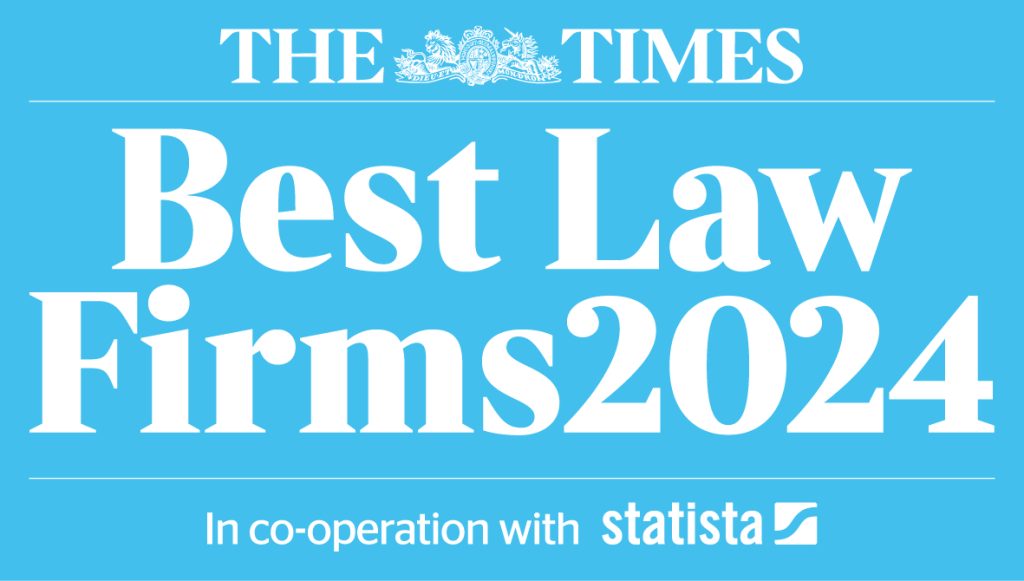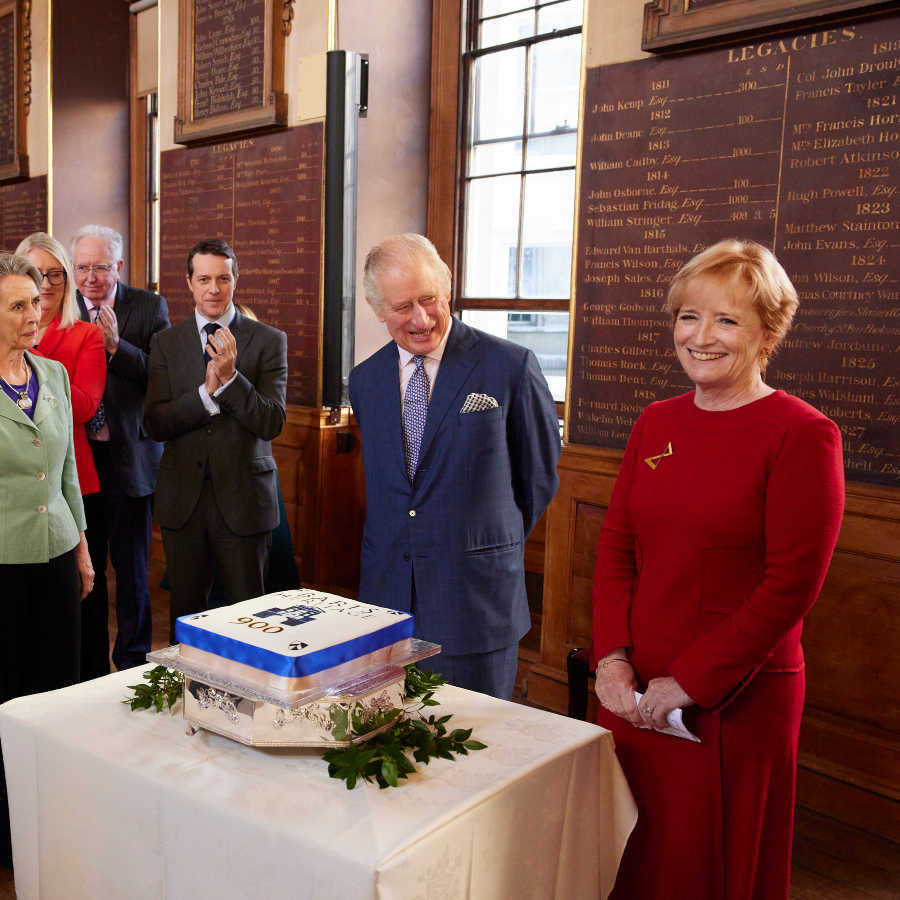
So what does fraudulent calumny involve?
Fraudulent calumny involves one person poisoning a testator’s mind by making dishonest aspersions about another person’s character where the maligned person would, otherwise, be a natural beneficiary of the testator’s bounty. If the fraud is shown, the will is invalid.
The burden of proof in a fraudulent calumny claim is on the person who asserts it. The essence is of such a claim “that the person alleged to have been poisoning the testator’s mind must either know that the aspersions are false or not care whether they are true or false”*. In this case [David Whittle v. Sonia Whittle, Ray Ernest Spicer [2022] EWHC 925 (Ch)], the battle was between siblings – Sonia and her partner allegedly convinced her (and her brother David’s) father Gerald, that David was a violent thief, among other things. After Gerald died, his will left a bequest of his cars (which Sonia had earlier told her father that David had stolen) to David and the residue of his estate to Sonia and her partner. In the end, neither Sonia nor her partner effectively defended the claim brought by David and submitted no evidence to justify their earlier assertions. The judge found in favour of David and concluded that Sonia “by the repeated peddling of falsehoods about [David] and/or his wife, unduly influenced Gerald” to make a will which substantially marginalised David whilst attempting to minimise any challenge to the will by him.
Crucially in this case, David was able to persuade the court that his sister’s actions involved the element of dishonesty. In an earlier case [Nesbitt v Nicholson [2014] All ER (D) 102 (Jan)] it was held that “If a person believes that he is telling the truth about a potential beneficiary then even if what he tells the testator is objectively untrue, the Will is not liable to be set aside on that ground alone” showing how difficult to prove because of that element.
*Lewison J (as he then was) in Edwards v Edwards [2007] 1387
These notes do not contain or constitute legal advice, and no reliance should be placed on them. If you have any questions, please do not hesitate to speak to your usual contact at Maurice Turnor Gardner LLP.
Sophie Mazzier
Counsel
Sophie Mazzier has more than 30 years’ experience in Private Wealth advice and provides both technical and practical professional legal support to the firm.





